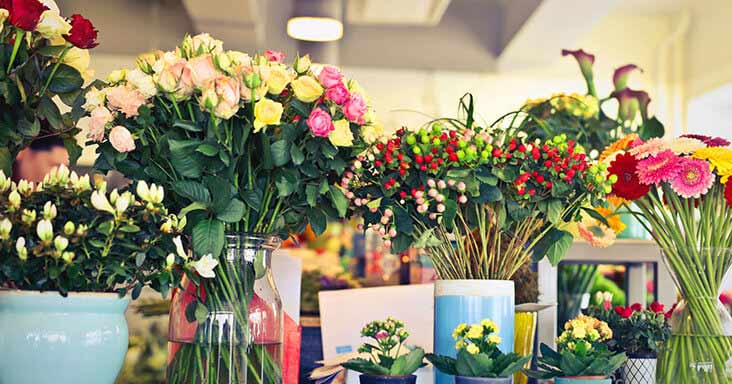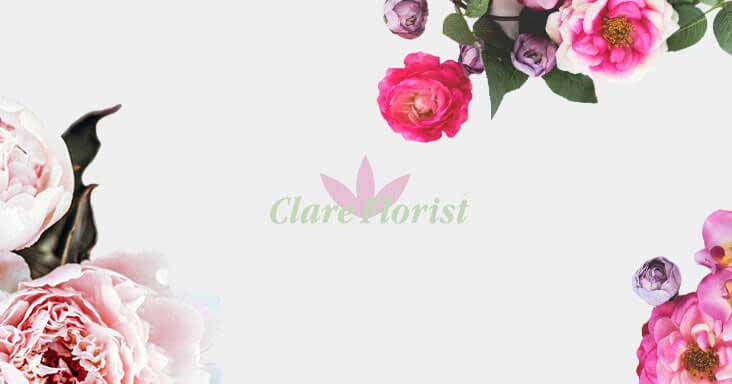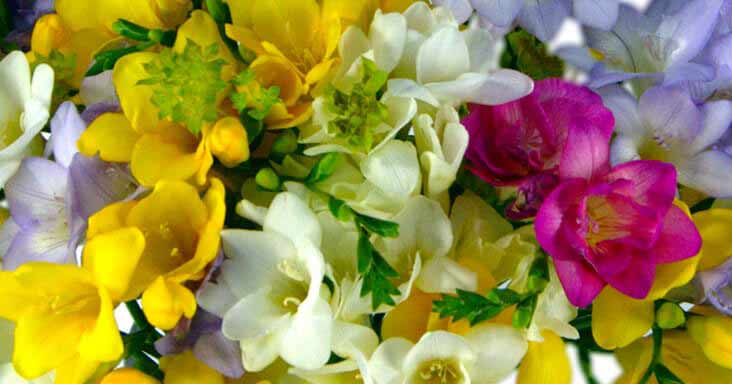Today sees the first part in a series of blog articles in which we are going to take a look at the role of flowers as inspiration for some of the most significant and iconic artworks of all time. And what better way to begin such a series than with a closer look at Vincent Van Gogh's Sunflowers series. The Dutch artist's intense fascination for sunflowers as a subject matter is evidenced by the fact that he made these flowers the subject of two different series of paintings, not to mention numerous studies.
Sunflowers are interpreted as a symbol of happiness in these paintings and they were painted in a time of unusual optimism and positivity for the artist. They were painted in the South of France where Van Gogh planned to found a community of artists with his idol, Paul Gauguin. The paintings were created as a token of warmth and companionship, although their alliance proved ill-fated eventually.
The eye-catching yellows employed in the sunflower paintings are used to represent happiness and friendship whilst the flower itself can be interpreted as being symbolic of the cycle of life and death.
When Gaugin arrived in the South of France in October of 1888, his manner towards Van Gogh was described as being 'arrogant and domineering' whilst his criticisms of Van Gogh's art severely agonised the sensitive Dutch artist. When Van Gogh was deserted by Gaugin in December of that year, Van Gogh famoulsy self-mutilated his ear and was later admitted to a mental institution with symptoms of bipolar disorder including paranoid hallucinations. He would go on to take his own life two years later, having only sold one painting in his lifetime.
The turbulent, tragic tale of Van Gogh's Sunflowers paintings is intertwined with the myth of the man himself. The paintings themselves are notable for their innovative approach to painting - for example, art theorists at that time extolled the principle that opposing colours should be situated next to each other for emphasis. Later versions of the Sunflowers feature yellows flowers, vase and background and still manage to radiate light and intensity.




